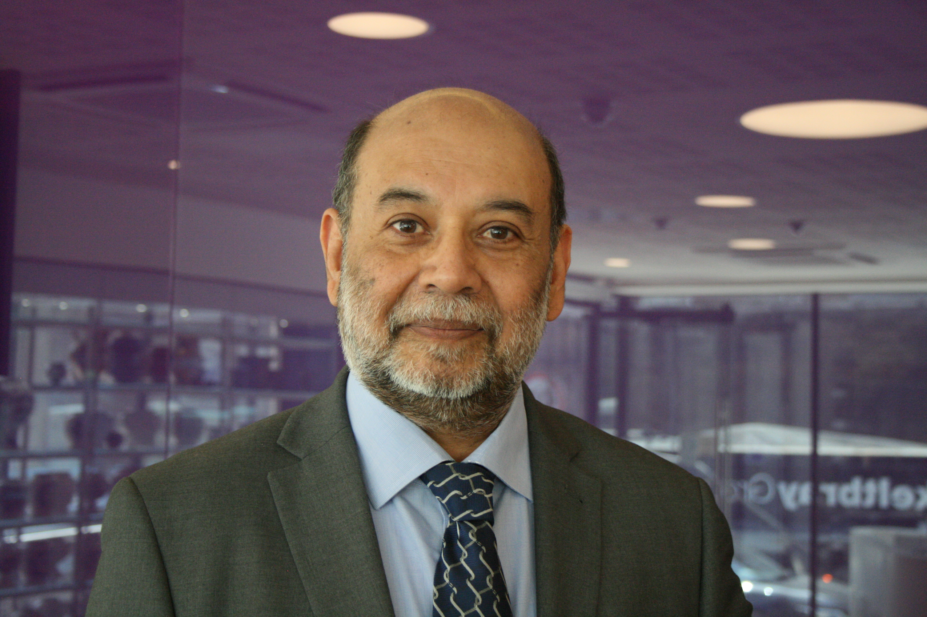
Nic Bunce / The Pharmaceutical Journal
- Hemant Patel is currently a member of the Royal Pharmaceutical Society English Pharmacy Board and served as president of the Royal Pharmaceutical Society of Great Britain. The views expressed here are his own and do not necessarily reflect those of the Society.
The Pharmaceutical Journal’s
interview with Keith Ridge, published on 24 August 2018, confirmed that Ridge remains a controversial figure for many pharmacists, particularly those affected by the funding cuts in the community, which came into force in December 2016. This is understandable as pharmacists have been through hell and back. The pain is endless and there is as yet no light through the long and dark tunnel of misery, anguish and hopelessness.
Ridge is quoted as saying: “I can see some of the pain [the cuts have] caused some people and I don’t regret it as someone who is acting on behalf of patients, the public and taxpayers.” In simple language, what he is saying is that the end justifies the means and that the results of his actions are more important than the other damaging repercussions of actions. What leadership!
Then he goes on to say that “it has not been easy to convince community pharmacy to fully engage with our leadership programme, but if community pharmacy is actually going to be commissioned to do [services around prevention and urgent care], and things beyond, then it needs to engage”. This is adding insult to injury. Pharmacists have had to spend unplanned and unwarranted time sourcing drugs during the time of medicines shortages (which resulted from his department’s policies) to help patients. Then, there are people and doctors demanding monitored dose systems, which take considerably more time than normal dispensing. And there are home deliveries on top of all that. None of this costs the NHS a penny!
GPs have protected learning time given to them: they are paid to learn together. Mentally, physically and emotionally exhausted pharmacists do not have the use of such time for valuable dedicated staff training. Government recommendations have encouraged surgery-based teams to learn together in order to improve both teamworking and the quality of care for patients. protected learning time has become an established method of learning for most surgery-based primary care teams. It offers teams the potential of learning together by providing time that is protected from service delivery. Community pharmacists have no such luxury, as a direct result of the contractual framework and working conditions imposed by the pay cuts that have resulted in staff reductions and an increase in workload.
Community pharmacists need more support from the NHS. Clinical commissioning groups need support when planning and preparing primary care-wide protected learning time, and need help to overcome existing barriers that prevent learning together with the rest of the surgery team if integrated care is to be made possible. Primary care teams and primary care organisations who fund and commission protected learning time need to work differently if they are to improve integrated primary care-based protected learning time.
So it is important that Ridge changes course.
I believe his efforts to fund the leadership training are laudable but his communication to engage busy and demoralised pharmacists so that they understand the reasons for leadership training have been appalling. Furthermore, a responsible leader takes account of the prevailing environment as well as the mission objectives.
Causing pain and having unrealistic expectations is not the way forward. Perhaps it is time for us all to remember what Mandela said: “Action without vision is only passing time; vision without action is merely daydreaming, but vision with action can change the world.” Mr Ridge, give us the resources. Together we can change the world.
You may also be interested in
Long service of members

Membership fees 2022
